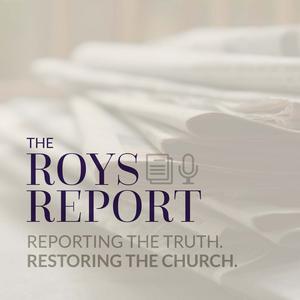Guest Bios
Show Transcript
Sixteen years ago, Bethel Church pastor Ben Armstrong allegedly forced a young intern into bed—twice. Instead of firing Armstrong for adult clergy sexual abuse, church leaders labeled the misconduct an “affair.” After a period of “restoration,” he was reinstated and eventually promoted.
When the former intern, Sarah, recently went public with her story of abuse, it sparked strong backlash.


